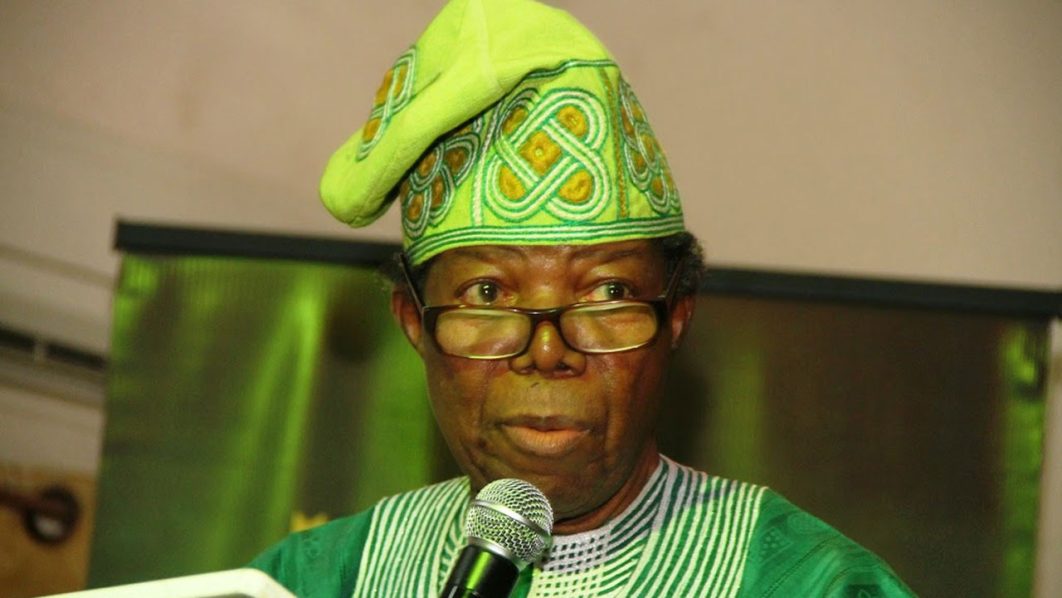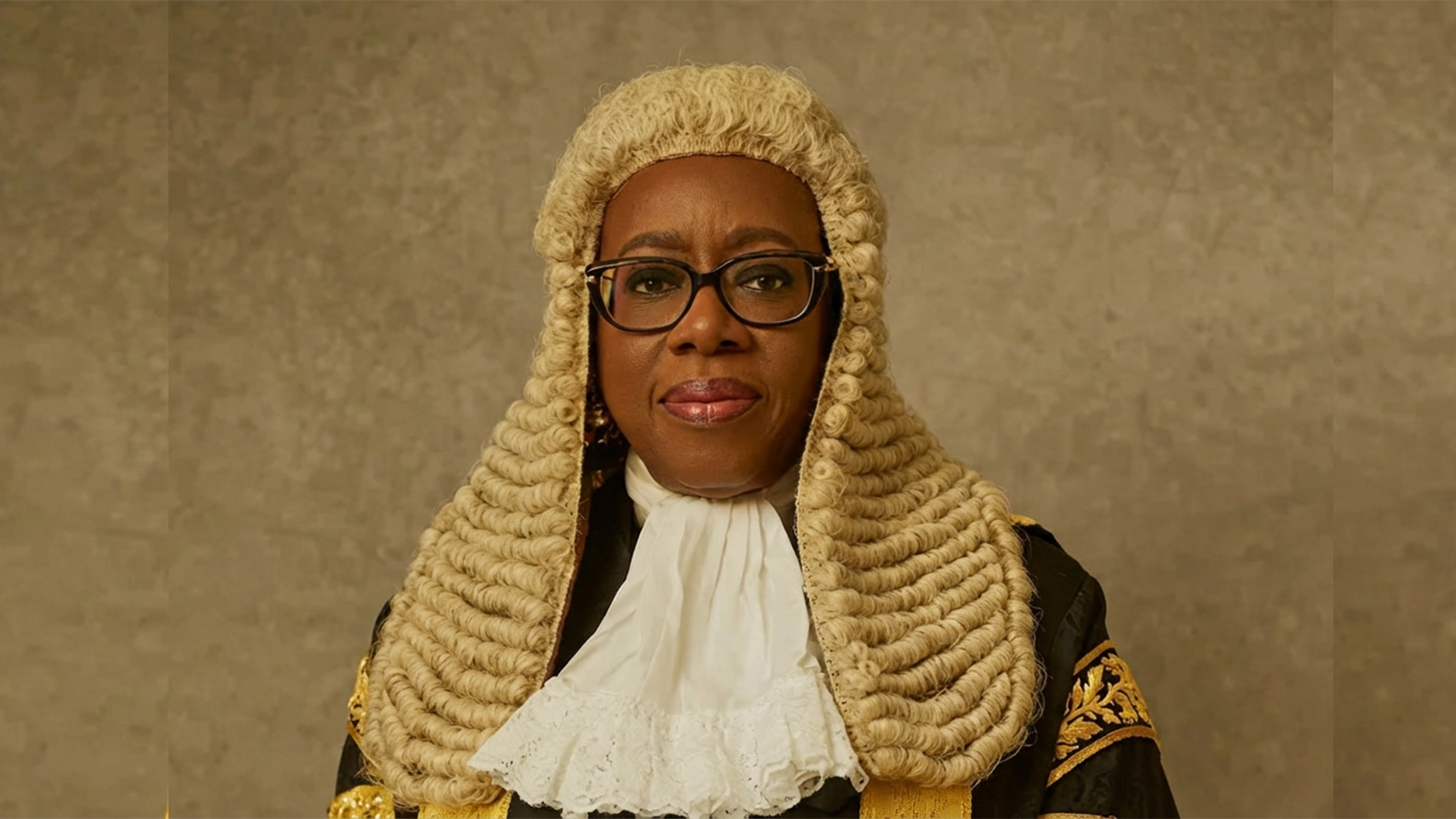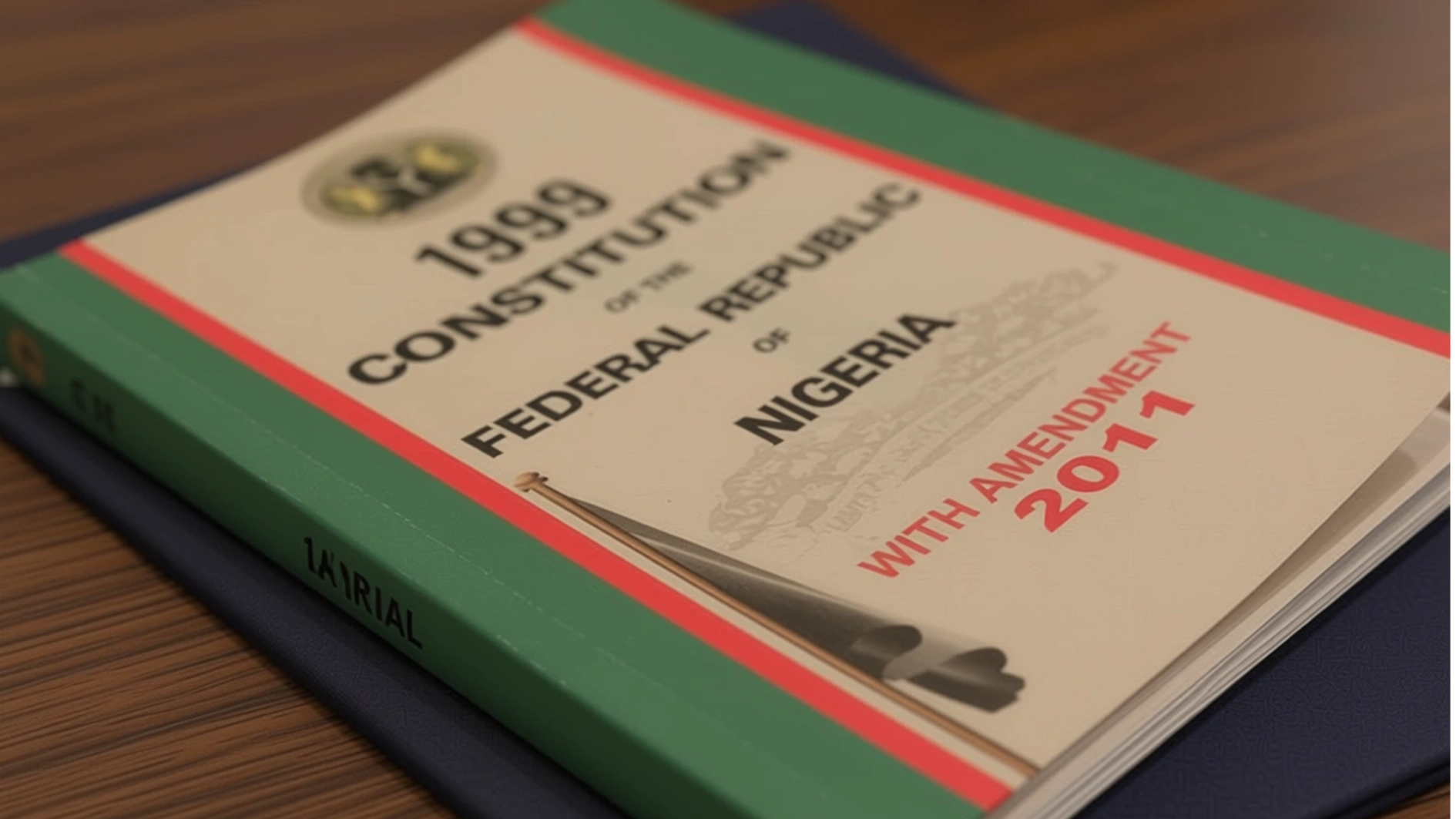
“You may not have the power to prevent injustice, but you surely have the power to protest” – Anonymous
True to its name, the Society for the Advancement for Local Talents and Virtue in Management (SALTVIM) continues every year to look for the success of virtuous and talented Nigerian Managers who had attained the position of CEO in large corporate organisations. Members of SALTVIM, who are mainly former Nigerian CEOs of very large successful companies, focus on those very big companies in Nigeria, who are subsidiaries of Fortune 500 companies in the World.
This year has been special in the sense that, the two people honoured were women CEOs. The first is Mrs. Mokutima Ajileye; who was appointed CEO of Procter and Gamble Nigeria Plc (P&G), a well established and highly reputable consumer product company. The second recipient was, Mrs. Bolarin Okunowo; who was appointed CEO of CAP Nigeria Plc, a former subsidiary of ICI, now part of the UAC of Nigeria Group.
They were both honoured during the Annual Omolayole Lecture, which took place at NECA House in Alausa, Ikeja on Thursday, September 28, 2022. It can bear repetition, that the young people in the audience were much excited and highly inspired. I am sure the representatives of the two companies, which the two ladies preside over must have been profoundly elated.
Every year, the writer of this essay focuses on those large multinational corporations who had been in Nigeria for decades, such as Lever Brothers Nigeria Limited, now Unilever Nigeria Plc; which has been in Nigeria for nearly 100 years as a manufacturing company, Nigerian Breweries Plc; which was established about 75 years ago; Guinness Nigeria Plc; which was established about 60 years ago, Nestle Nigeria Plc; which was established about 55 years ago, PZ; which was established about 90 years ago; West Africa Milk Company (WAMCO); which was established about 60 years ago; Total Nigeria Plc; which was established about 66 years ago etc.
Some of the companies mentioned above have exhibited mixed results. Some produced top performing Nigerian CEOs in the past, but now do not seem to be able to find virtuous Nigerians. Some continue to be successful. The most worrying companies are those, who had never found a single virtuous Nigerian in more than half a century of establishment in Nigeria.
A careful analysis of the reason given has shown that, some of the companies are very sincere; while some others have taken the decision, that no Nigerian however talented and virtuous will ever be appointed CEO in his own country, but too ashamed to come out openly to announce that this is their corporate policy. Whether it is said openly or not, anybody who can read between lines would appreciate that what is at play is sheer corporate imperialism, deceit, and racism.
In the World of today, imperialism and racism take different forms. Those readers, who follow current affairs, must be familiar with the recent saga in Buckingham Palace, London, U.K between Lady Susan Hussey and Ms. Ngozi Fulani over the ubiquitous attitude of subconscious racism in the Western World with the question “Where are you from”?
This Essay is drawing attention to the fact that, at some time in the history of this country, nationalists stood firm and protested against political imperialism. That was why it was possible for Nigeria to become an independent country in 1960. A number of large companies in the country, long before 1960, whose CEOs were foreigners, took note and started preparing Nigerians furiously for the topmost positions of CEO in their own organisations through Top Level Management Succession Planning.
After a while, the pressure shifted from development of people to a share in the ownership of the company. Until a decade after independence, almost all the large multinational corporations had 100% foreign ownership. The situation was addressed by the passing into law in early 1970s, the scheme for the indigenisation of the ownership of shares. That led to the rapid expansion of the Nigeria Stock Market, which was practically non-existence before Nigeria’s independence.
Without the law of indigenisation of capital, I doubt whether any Stock Exchange or Capital Market worth its salt, would have been established in Nigeria. What is strange and hypocritical however is that, there is a law promoting the indigenisation of human resources to the highest level. But it seems to be observed in the breach by some powerful foreign multinational companies whose recalcitrance could only have been made possible by corruption at the highest level of the civil service and most probably at the connivance of some stakeholders. So much so that, the Federal Government and State Governments hide under the desire for Foreign Direct Investment (FDI) to allow a multitude of sins by the foreign companies.
Any bright and brilliant top civil servant who knows his onion would seek FDI under only acceptable conditions, which must be monitored vigorously. I remain to be persuaded that enough is being done by the top public servants to interrogate the process of granting FDI to the utmost benefit of the nation.
To be continued tomorrow
Dr. Omolayole, HLR, was the first Nigerian Chairman and Managing Director of Lever Brothers Nigeria limited. He wrote this as the Society for the Advancement for Local Talents and Virtue in Management (SALTIM) Score Card for the Year 2022.






